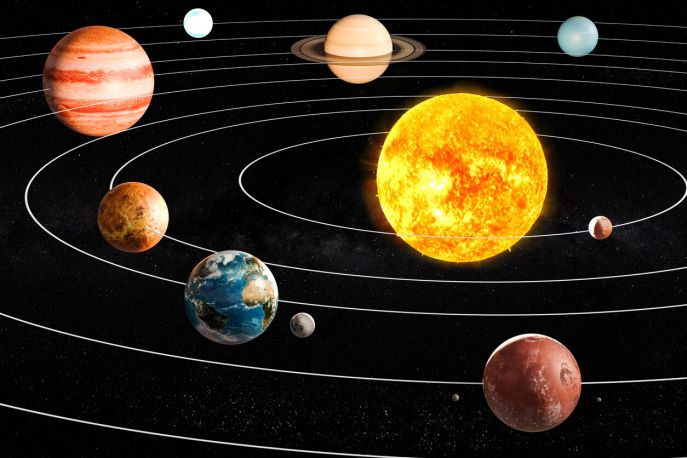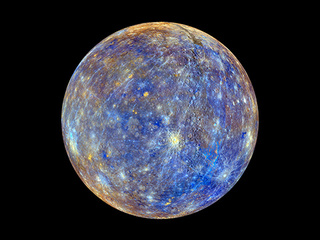
MERCURY
Mercury is the smallest planet in our solar system—only slightly larger than Earth's Moon. Mercury makes a complete orbit fastest in just 88 Earth days. |
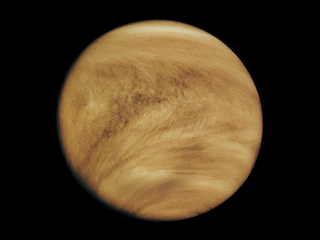
VENUS
Venus spins slowly in the opposite direction from most planets. A thick atmosphere traps heat in a ruaway greenhouse effect, making it the hottest planet in our solar system. |
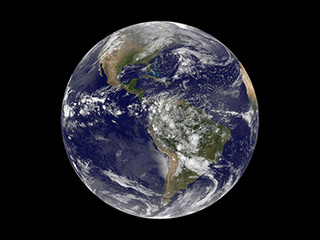
EARTH
Eaerth our home planet is the only place we know of so far that's inhabited by living things. It's also the only planet in our solar system with liquid water of the surface. |
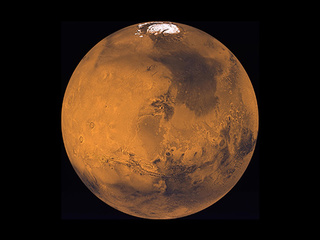
MARS
Mars is a dusty, cold, desert world with a very thin atmosphere. There is strong evidence Mars was billions of year ago wetter and warmer with a thicker atmosphere. |
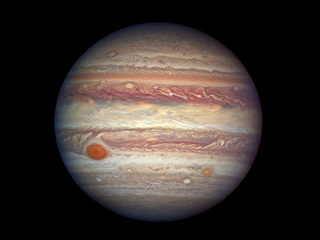
JUPITER
Jupiter is more than twice as massive that othe other planets of our solar system combined. The gaint planet's Great Red spot is a centuries old storm bigger than earth. |
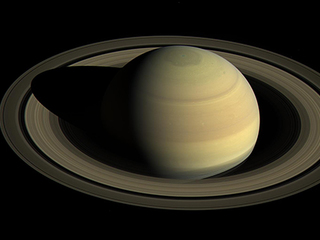
SATURN
Adorned with a dazzling, complex system of icy rings, saturn is unique in our solar system. The other gaint planets have rings but none are as spectacular as Saturn's. |
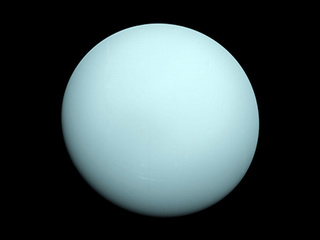
URANUS
Uranus seventh planet from the sun rotates at a nearly 90-degree angle from the plane of its orbit. This unique tilt makes Uranus appear to spin on its side. |
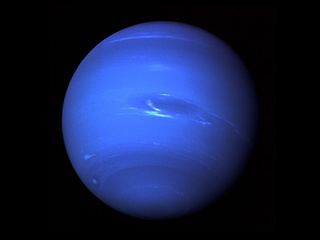
NEPTUNE
Neptune the eighth and most distant major planet orbiting our sun is dark, cold and whipped by supersonic winds. It was the first planet located through mathematical calculations. |
